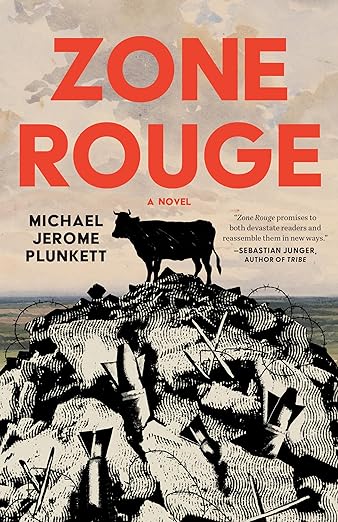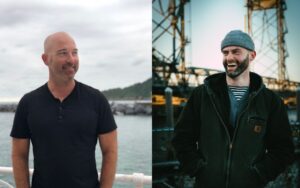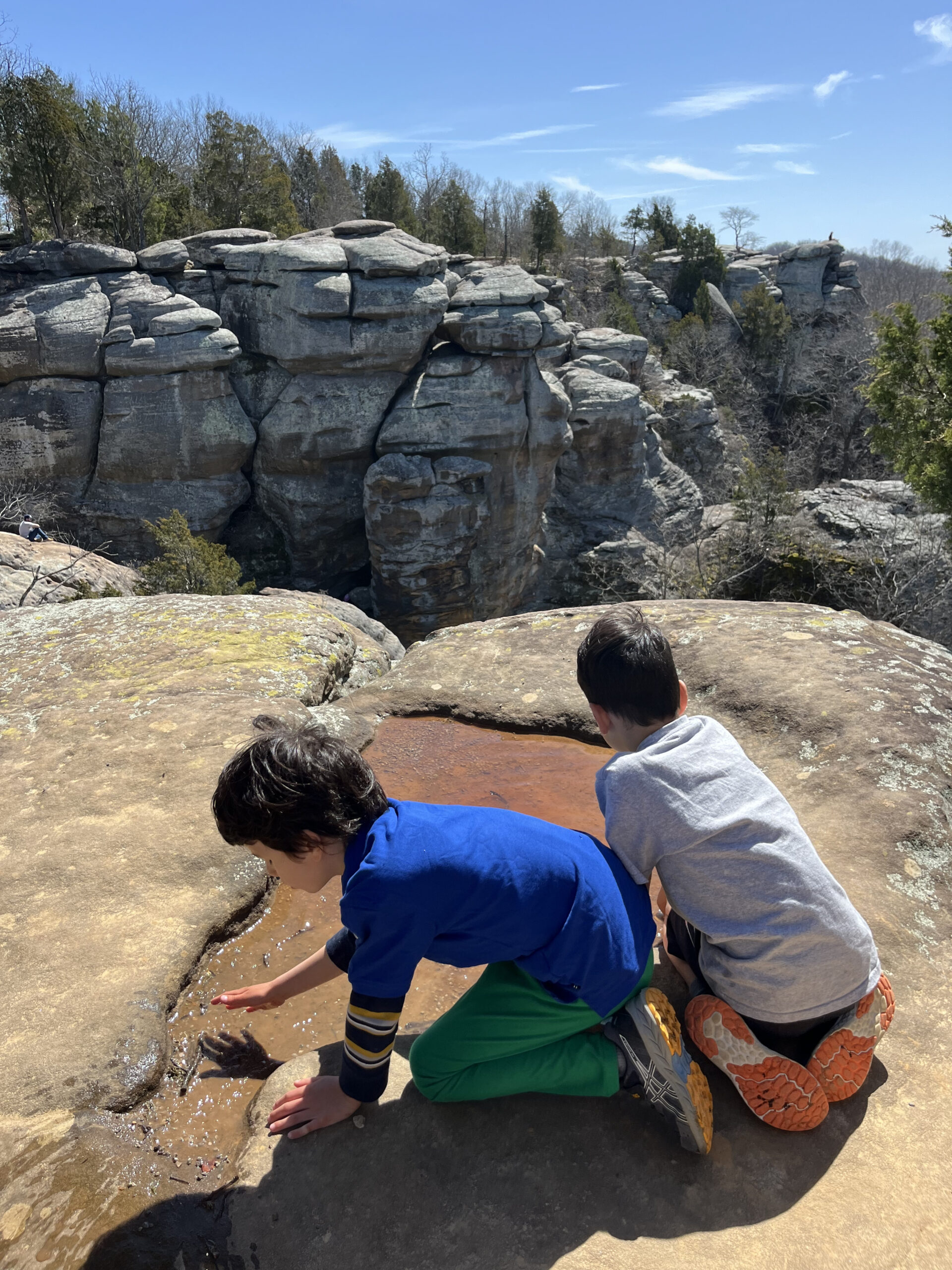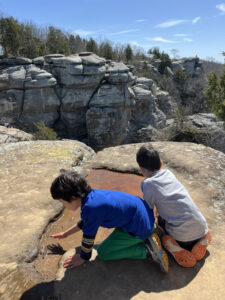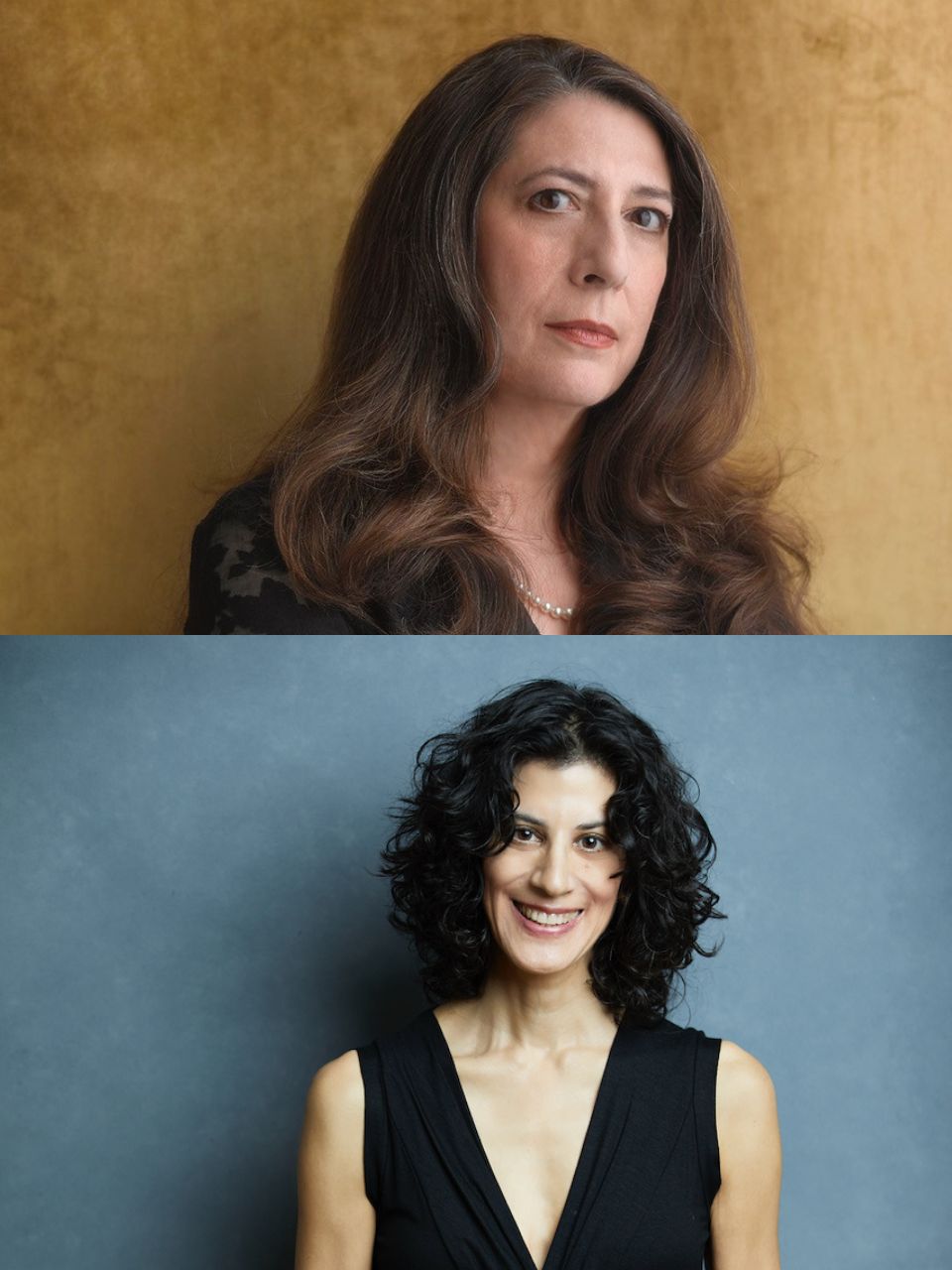By A.J. RODRIGUEZ
Right before her twenty-fifth birthday, Chacha shaved her head, shearing the long black hair I’d known my entire life down to tiny-ass stumps. Having not spoken to my half sister in months, I learned about her haircut through Cero Reyes in the hallway of Our Lady of Guadalupe, where I was a sophomore. He was the little brother of her number-one homegirl, Cici, and had been there that past weekend at his parents’ hacienda up in the North Valley, banging on the bathroom door while our hermanas conspired Chacha’s new look.
I had to take a fucken piss, he said. Real bad too, but they spent over an hour in there, all giggling n’ shit.
You got a fuckload of bathrooms, I replied, gathering books from my locker to show the huevón I had other priorities. You coulda pissed in any of them.
“Cero” was a nickname that translated to nothing. It had carved this wiry, tacuache-looking vato since the day he could talk. Dude blabbered so much as a baby, stringing together words in an order that, according to his parents, made zero sense. He belonged to a family that made a name for itself in Juárez through some maquiladora empire. They’d moved to Albuquerque once his mami announced her desire to start a turquoise jewelry business. A couple years later, Cici popped into their world, who then met Chacha in a dance class for toddlers, and next thing you know they form this lifelong bond, a friendship so strong it forced me to spend too much of my childhood on a giant estate where I couldn’t help but wish my parents never divorced—wish we had enough skina to get out the varrio—wish my mother wasn’t such a pinche gringa and my pocho father spoke better Spanish.
That ain’t the point, Cero continued. It’s my bathroom, cuh. They used my shaving kit. Your sis’s hair was on the sink, shower, mirror—even the fucken toilet seat!

